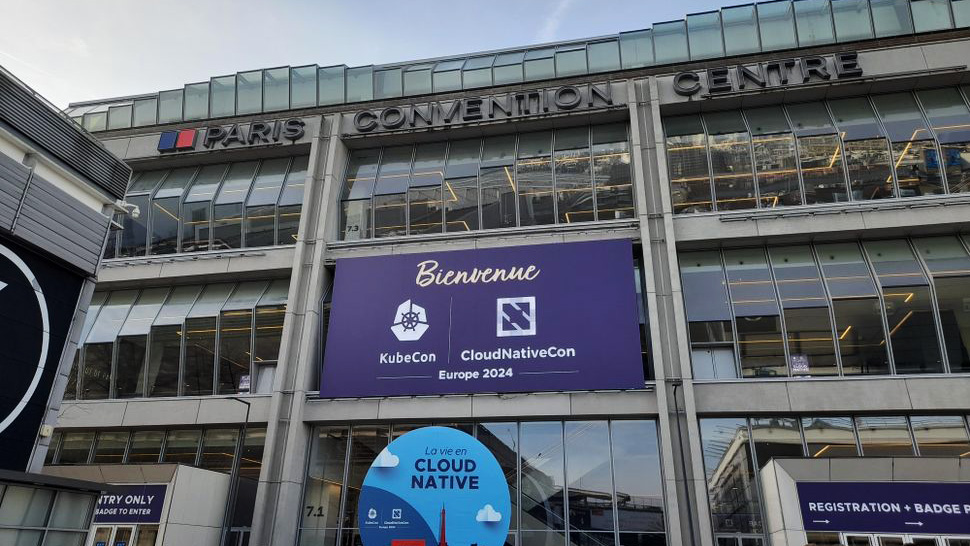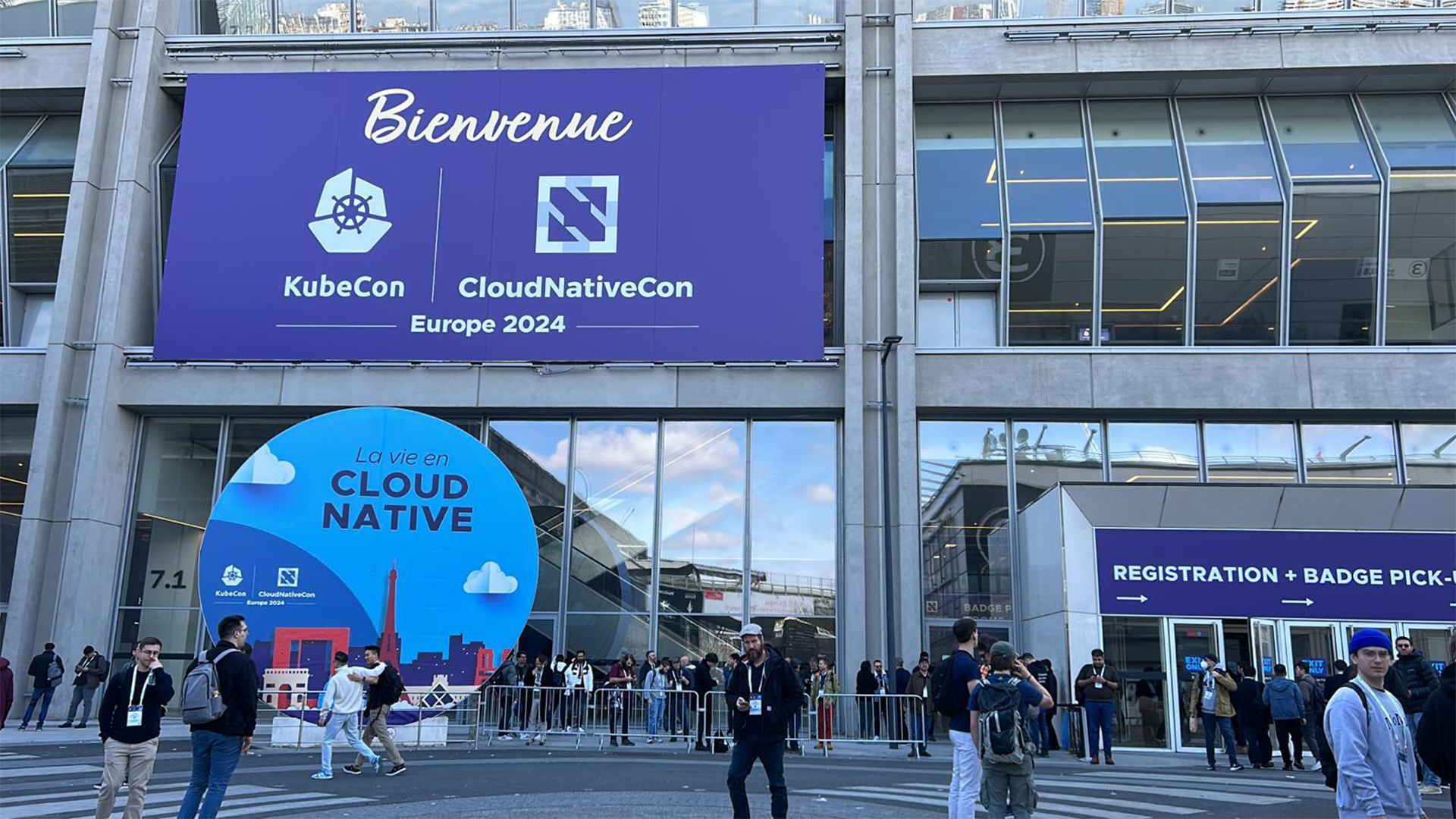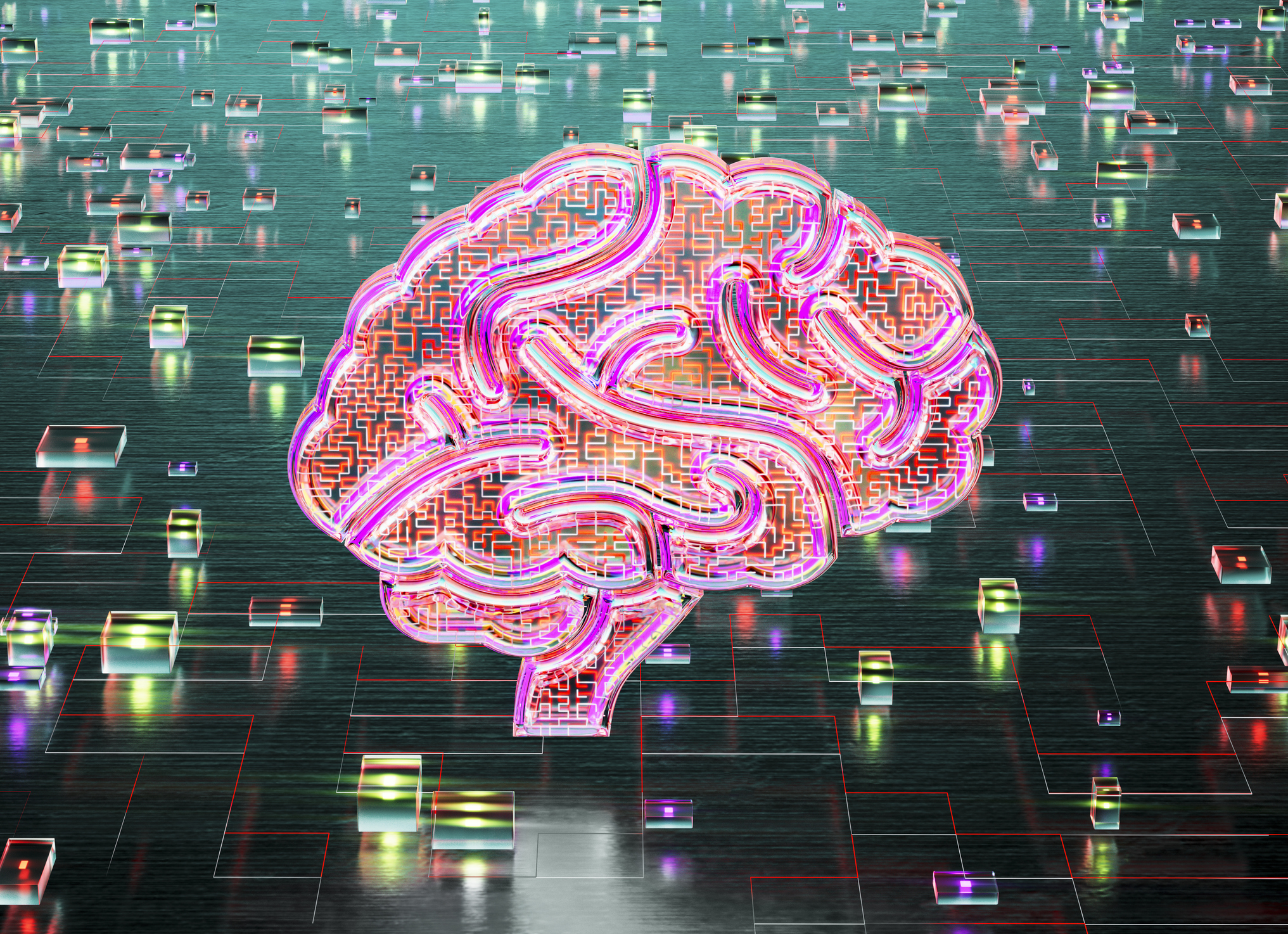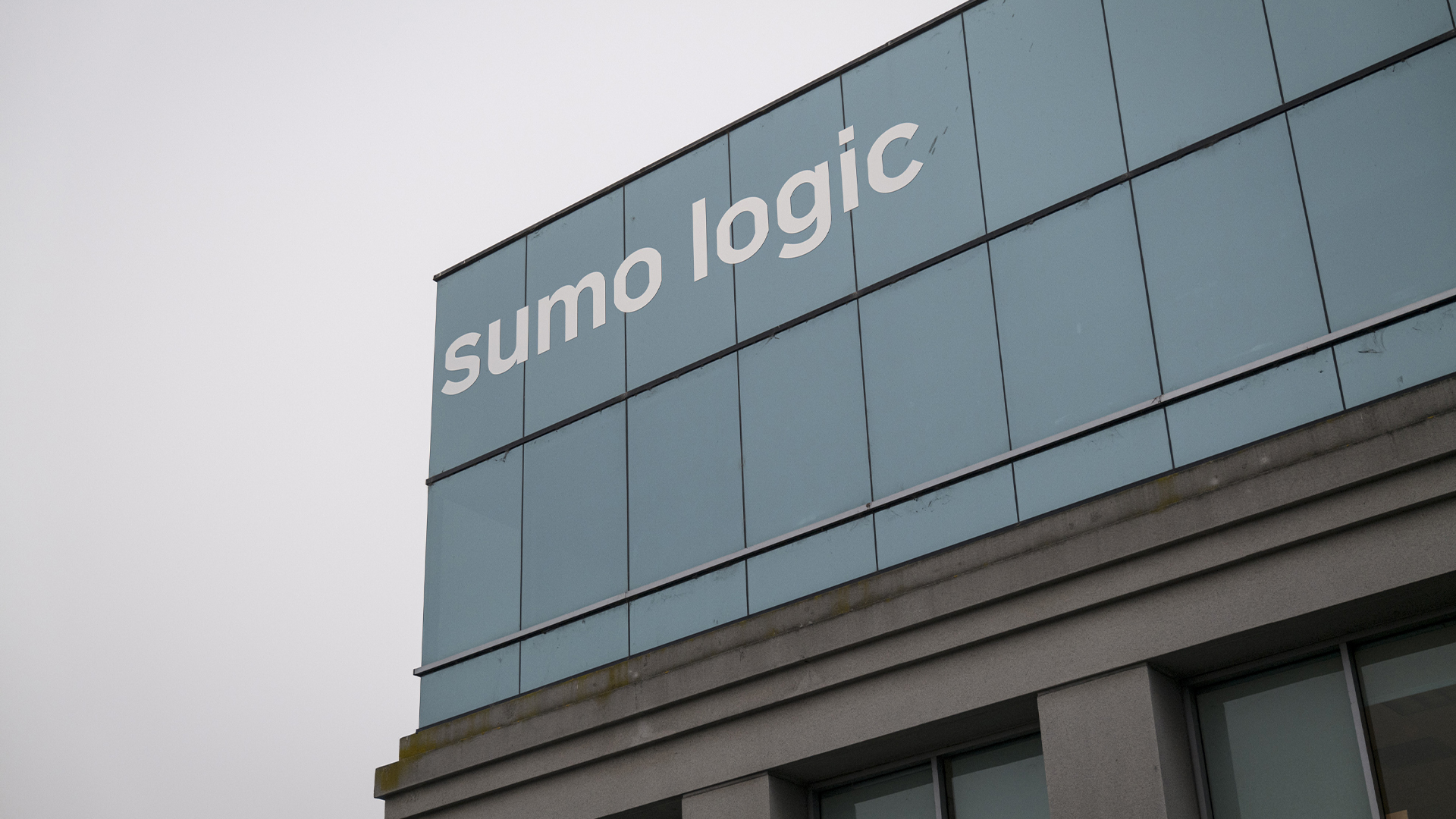KubeCon groans point to growing 'AI fatigue'
An AI-heavy approach by CNCF only highlighted developer skepticism, as skills concerns continued to lead roundtables


Sign up today and you will receive a free copy of our Future Focus 2025 report - the leading guidance on AI, cybersecurity and other IT challenges as per 700+ senior executives
You are now subscribed
Your newsletter sign-up was successful
At some point on the final day of keynotes at KubeCon Europe 2024, the crowd decided it had finally heard enough about AI, letting out an audible groan at a begrudging mention of the technology.

In her subsequent speech, Sudha Raghavan, VP of Oracle Cloud Infrastructure (OCI) development, highlights the fact that “we almost went through 45 minutes of this conference without talking about AI” as a special achievement.
But this needn’t be heralded as much of an achievement considering that KubeCon, hosted by the Cloud Native Computing Foundation (CNCF), is by no means an AI conference by design.
The talks at each year’s KubeCon are granular, delving into detail on topics of containerization, application programming interfaces (APIs), load balancing, control plane management, and cell-based architecture. It’s about as technical as a tech conference gets, with an audience primed to scrutinize products in detail.
This is an event full of developers and software engineers, people who have seen technology trends and hype cycles come and go. As a result, the average attendee is far less likely to be drawn in by AI hype. In many ways, the mood at KubeCon 2024 was one of profound AI fatigue.
AI hype meets developer cynicism
Though AI and generative AI in particular are a point of hot discussion, there was a sense that it was a potentially over-hyped technology for the crowd gathered in Paris.
Chris Aniszcyk, CTO at CNCF, refers to this attitude of the attendees in conversation with ITPro at the event, mentioning that the slightly sarcastic reservations of the audience are to be expected.
Sign up today and you will receive a free copy of our Future Focus 2025 report - the leading guidance on AI, cybersecurity and other IT challenges as per 700+ senior executives
“It's like a typical hype cycle, so they're familiar with this … I don’t think it’s a bad thing,” Aniszczyk tells ITPro. After all, for a developer, AI is just technology – it isn’t “anything special,” Aniszcyk says.
“It's still software … it's a workload,” he adds. That’s perhaps why the repeated mention of AI has felt out of place, even as the tech sector embraces the technology with open arms. Of the first day’s keynotes, all but one was centered on AI, and even then, only because it focused instead on machine learning (ML).
While it feels natural that AI should get a look in – no organization in the technology sector would risk not mentioning it all – it seems somewhat excessive that it became so solely the focal point of the event. This was particularly true for CNCF executive director Priyanka Sharma's opening speech.
A cloud-native approach to AI
In the keynote address, Sharma notes how well-poised the cloud-native community is to support the AI explosion, adding in a subsequent press conference that cloud-native could form the foundations on which “AI dreams will be realized”.
She joins cloud native and AI at the hip, emphatically parading the cloud-native ecosystem as the only ecosystem well-placed to keep pace with the speed of AI innovation.
“We are the most critical tech trends of today,” Sharma says, referring to cloud-native and AI. This throughline is important to note, with the CNCF in a prime position to capitalize on AI gains using its established skills and position within the industry. Sharma points to the huge potential for an increased level of what she calls “cross-pollination” between the cloud-native and AI worlds, which will see talent and skills shared for the benefit of the wider sector.
But as the conference went on, a general lack of clarity about what exactly the CNCF was planning to do with AI caused interest to dwindle, and other topics of conversation about the road ahead for cloud-native were brought into focus.
RELATED WEBINAR

That’s not to say that people weren’t receptive to AI-related updates or that the crowd went stony silent every time someone mentioned a large language model (LLM) on stage – Sharma even roused some excited applause from the audience during her keynote when demoing an AI feature that accurately described a picture of the crowd.
But it's clear that in failing to present a clearer vision for AI's relationship with the cloud-native world, audience goodwill was lost.
“I think I'm a little bit sick of it,” Thomas Graf, CTO of Isovalent, tells ITPro, arguing against companies putting AI forward without details to back up claims.
“It's an empty promise right now and, as an engineer, I don’t like empty promises” he adds.
Graf feels that the conversations around AI should center more on the practicalities of the technology, citing areas such as troubleshooting where complete accuracy is not necessary, or data management.
In any area where complete or near-complete accuracy is needed, such as security or the control of Kubernetes clusters, Graf says, AI will be much less useful.
Distinctions like these have remained largely absent from KubeCon and the CNCF’s general focus on the importance of AI. While the event was in many ways a celebration of what the relationship between cloud-native and AI might be, it presented little in the way of a practical roadmap for how that relationship will be established.
Addressing skills concerns
While no one would blame you for leaving this year's KubeCon with the CNCF’s stark focus on AI stuck firmly in your head, other concerns also drove attendee discussion. But while there were many conversations to be had outside of AI, these came across as more fringe events in comparison to the conference keynotes.
Training and education, for example, were foregrounded as talking points throughout KubeCon, with the CNCF announcing four additional courses aimed at workflow management, autoscaling, security, and AI/ML toolkits.
Aniszcyk tells ITPro that learning how to get competent in Kubernetes or cloud-native was one of the biggest complaints the CNCF had received from its community, prompting them to double down on an education focus at the event.
Last year’s KubeCon saw an increased focus on building human connections and skills for cloud-native success and a number of sessions at KubeCon 2024 continued this trend.
“We just made it a little bit easier for people to get started,” Aniszcyk says, explaining that the goal is to onboard people in as friendly a way as possible.
Platform engineering teams today are often too small, Graf says, so there will be an aim going forward to establish the enhanced efficiencies and automation of “virtualized infrastructure” in the cloud-native space.
“What cloud-native has established will definitely come to other parts,” Graf says.
“Not everything will move to Kubernetes, but there will be high demand to bring the efficiency, and the gains, to the non-Kubernetes world as well,” Graf says.

While no one would lambast an organization for shifting its focus to AI, KubeCon 2024 needed a clearer direction to get its audience of developers fully on-side. As developers dig into the details of AI more closely, more will need to be done to keep them interested in the latest developments in the space. It's clear that focusing on the technology without drawing a clearer line between the concrete relationship it can have with cloud-native architecture has only deepened cynicism.

George Fitzmaurice is a former Staff Writer at ITPro and ChannelPro, with a particular interest in AI regulation, data legislation, and market development. After graduating from the University of Oxford with a degree in English Language and Literature, he undertook an internship at the New Statesman before starting at ITPro. Outside of the office, George is both an aspiring musician and an avid reader.
-
 Sumo Logic expands European footprint with AWS Sovereign Cloud deal
Sumo Logic expands European footprint with AWS Sovereign Cloud dealNews The vendor is extending its AI-powered security platform to the AWS European Sovereign Cloud and Swiss Data Center
-
 Going all-in on digital sovereignty
Going all-in on digital sovereigntyITPro Podcast Geopolitical uncertainty is intensifying public and private sector focus on true sovereign workloads